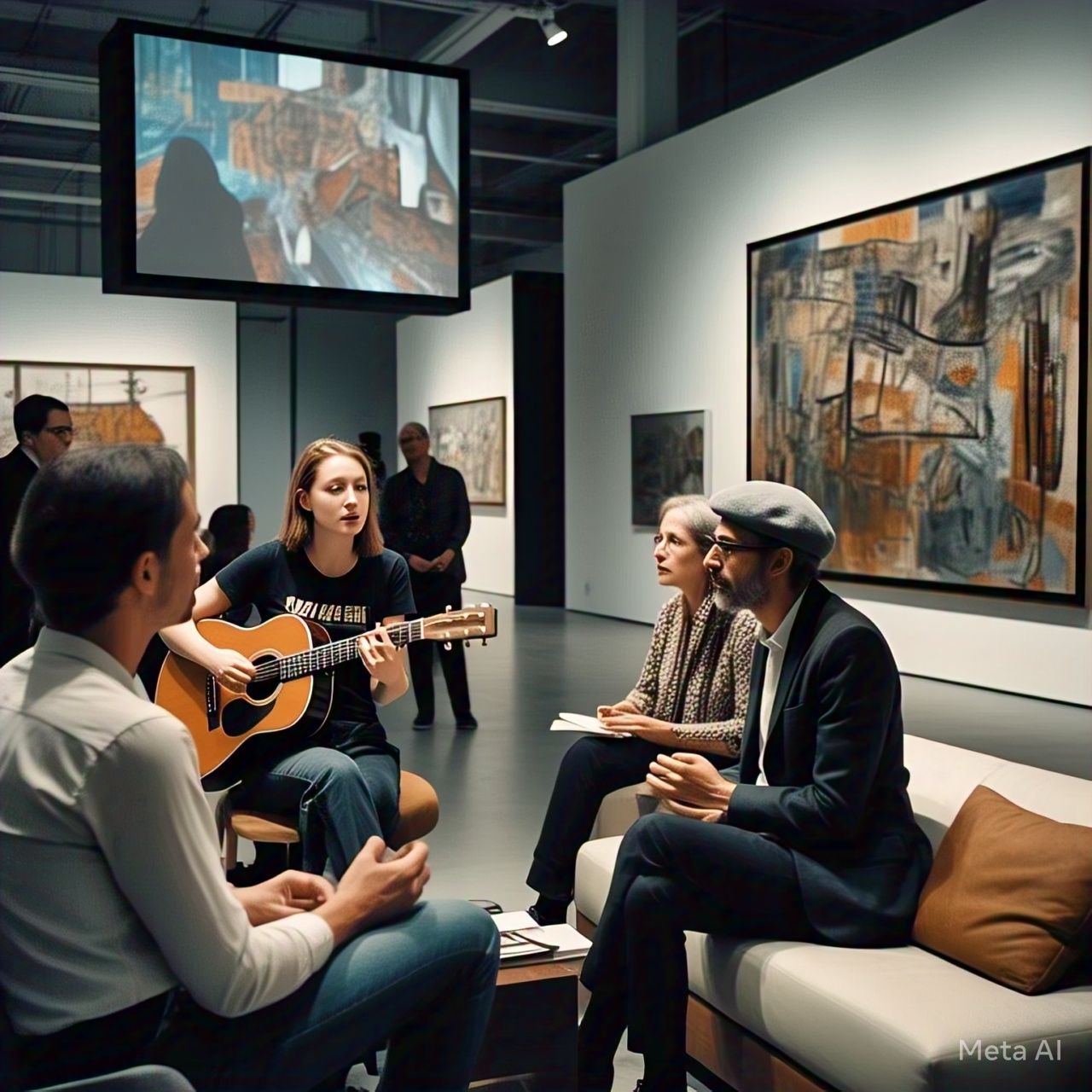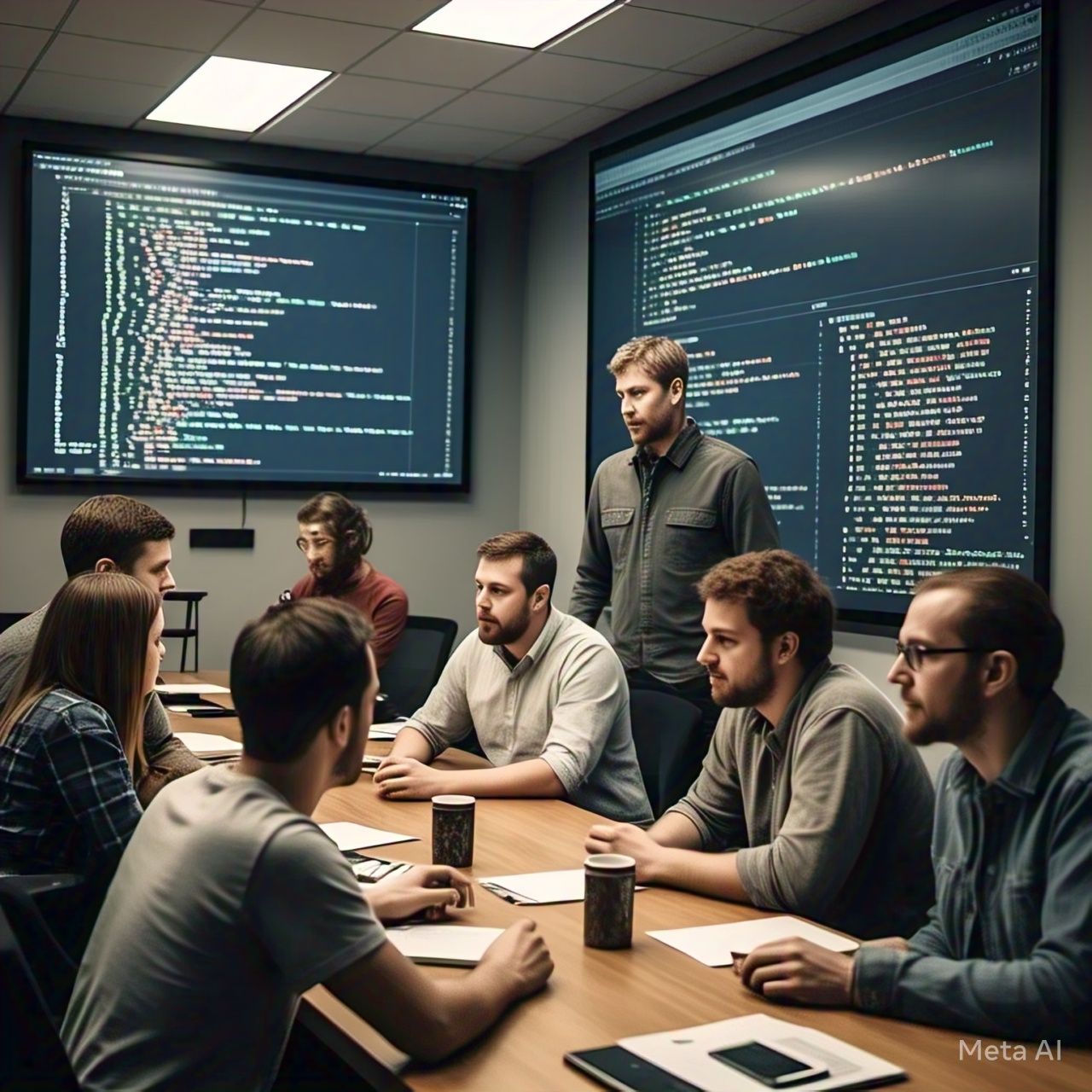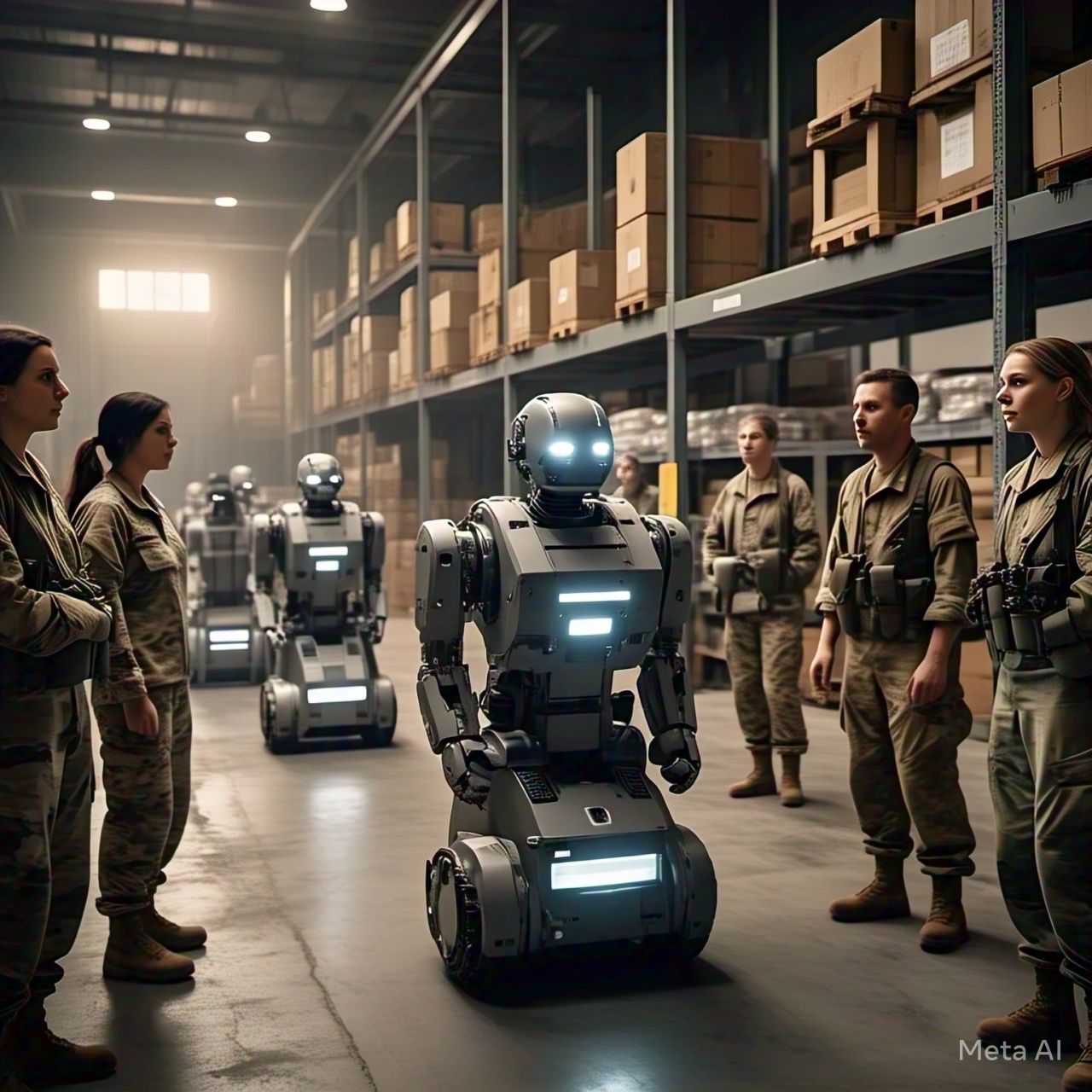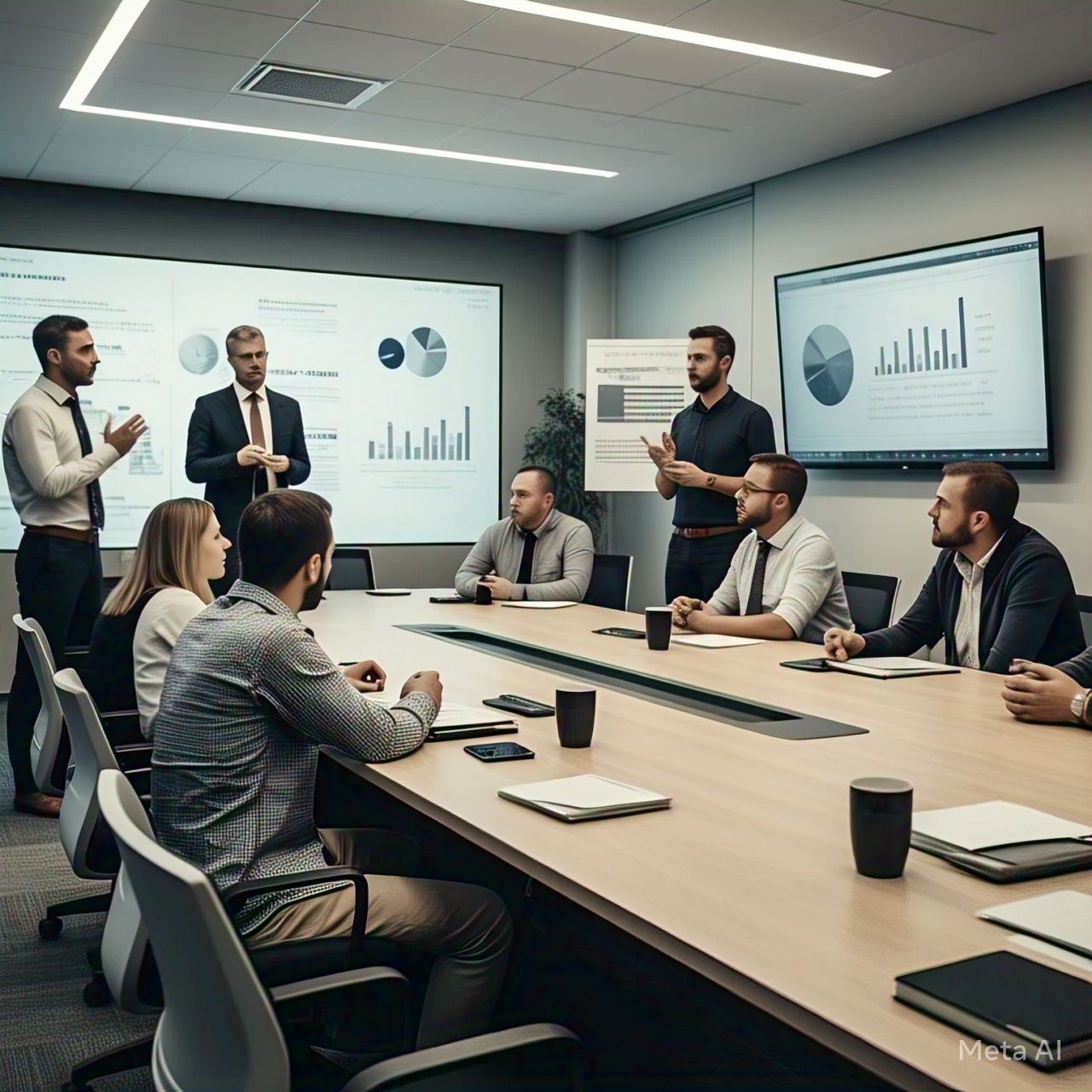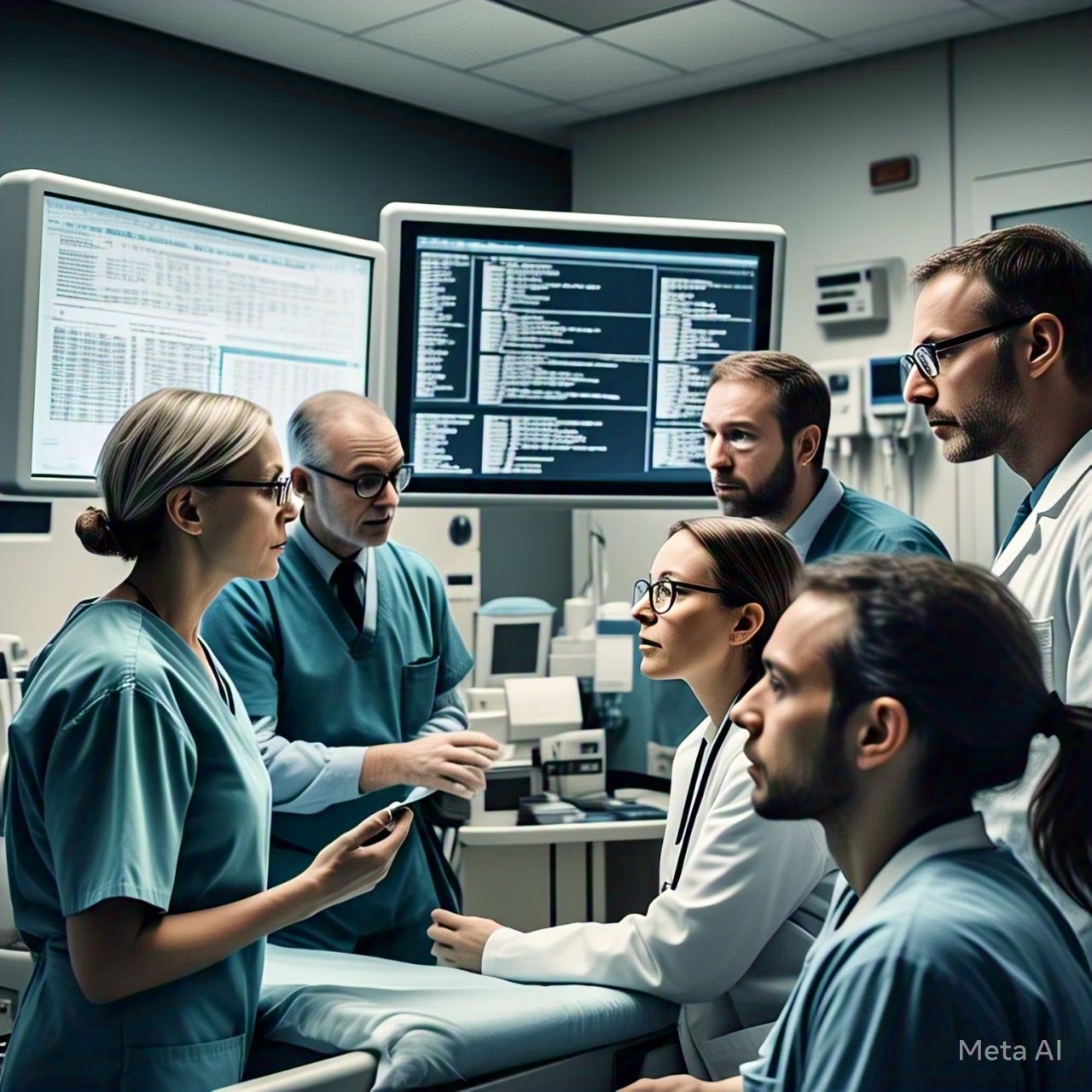Introduction
Artificial Intelligence (AI) is revolutionizing the creative industries, generating music, writing novels, and even painting masterpieces. As AI continues to evolve, many question whether machines will ultimately replace human artists or simply serve as tools to enhance creativity. This article explores AI’s role in the arts, its impact on musicians, writers, and painters, and the future of human creativity in an AI-driven world.
AI in Music
1. AI-Generated Compositions
AI-powered tools like OpenAI’s MuseNet and Google’s Magenta can compose music in various styles. These systems:
- Analyze vast musical datasets to generate original compositions.
- Mimic the styles of famous composers and musicians.
- Assist artists in creating new sounds and arrangements.
2. The Impact on Musicians
While AI-generated music is impressive, it raises concerns for human musicians:
- Loss of Authenticity: AI lacks emotional depth and personal experience.
- Job Displacement: AI could reduce opportunities for composers and producers.
- New Creative Avenues: Many musicians integrate AI as a co-creator rather than a replacement.
AI in Writing
1. AI-Powered Content Creation
Natural Language Processing (NLP) models like GPT-4 can write articles, poetry, and even novels. AI-driven writing tools:
- Generate human-like text based on data input.
- Automate content production for businesses and media.
- Assist authors in brainstorming ideas and drafting content.
2. The Impact on Writers
While AI-generated writing is advancing, human writers remain irreplaceable due to:
- Original Thought and Emotion: AI lacks personal experiences and deep emotions.
- Creative Nuance: AI struggles with humor, satire, and complex storytelling.
- Collaboration Over Replacement: Writers increasingly use AI as a productivity tool.
AI in Visual Arts
1. AI-Created Paintings and Illustrations
AI-driven art tools like DALL·E and Deep Dream generate stunning visual artworks by analyzing existing styles. These tools:
- Create unique digital art based on textual prompts.
- Replicate the techniques of famous painters.
- Offer new forms of artistic experimentation.
2. The Impact on Painters
Traditional artists face both challenges and opportunities with AI art:
- Devaluation of Art: AI-generated works may saturate the market.
- Enhanced Creativity: Artists can use AI to experiment with new styles.
- Authenticity Matters: Handcrafted art retains a unique human touch.
The Future of AI in the Arts
Rather than replacing artists, AI is reshaping how art is created and consumed. The future will likely involve:
- Collaboration: AI as a tool that enhances, rather than replaces, human creativity.
- Ethical Considerations: Addressing issues of originality, copyright, and artistic integrity.
- New Art Forms: AI-driven creativity may lead to entirely new artistic disciplines.
Conclusion
AI is undoubtedly transforming the arts, but human creativity remains irreplaceable. While machines can assist in generating music, writing, and visual art, they lack the emotional depth, cultural context, and personal experiences that define true artistry. Rather than fearing AI, artists can embrace it as a powerful tool for innovation, ensuring that the human touch continues to shape the creative world.
